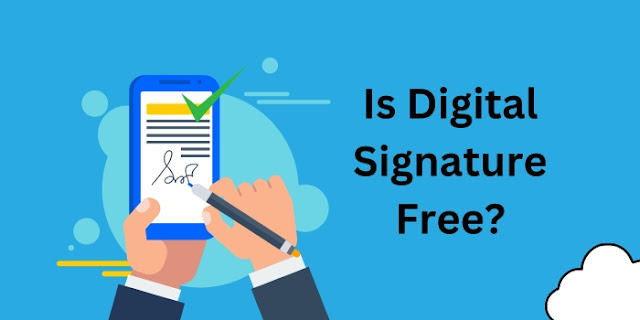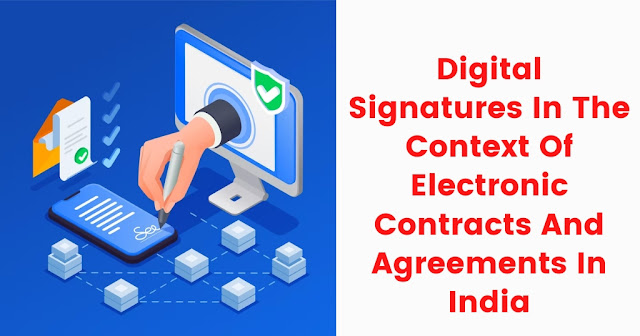Is Digital Signature Free? Exploring the Cost and Benefits

In today's digital age, where online transactions and communications are prevalent, ensuring security and authenticity is paramount. Digital signatures have emerged as a crucial tool in this realm, offering a secure way to sign documents and verify identities in the digital space. However, a common question that arises is whether digital signatures come at a cost or if they are freely available. Let's delve into this topic to understand the nuances surrounding the affordability and accessibility of digital signatures.
Understanding Digital Signature
Before delving into the cost aspect, it's essential to grasp the concept of a digital signature. A digital signature is a cryptographic technique used to validate the authenticity and integrity of a digital message, document, or software. It provides assurance that the message or document has not been altered since it was signed and that it originated from the expected sender.
Digital Signature Process
The process of digital signature involves several key steps:
Key Generation: The signer generates a pair of cryptographic keys - a private key and a public key. The private key is kept confidential and used to create the digital signature, while the public key is shared with others for verification purposes.
Signing: The signer uses their private key to generate a unique digital signature for the document or message. This signature is appended to the document.
Verification: The recipient uses the signer's public key to verify the digital signature. If the verification is successful, it confirms the authenticity and integrity of the document.
Digital Signature Certificate (DSC)
A Digital Signature Certificate (DSC) is an electronic document that contains information about the digital signature holder and is issued by a trusted Certificate Authority (CA). It serves as a form of identification in the digital realm, validating the authenticity of the signer's identity.
Cost of Digital Signature
While the concept of digital signatures itself is free, obtaining a digital signature certificate typically incurs a cost. This cost may vary depending on factors such as the type of certificate, the Certificate Authority issuing it, and the level of assurance provided.
There are different classes of digital signature certificates, ranging from Class 1 to Class 3, each offering varying levels of security and identity verification. Class 1 certificates are primarily used for securing email communications and carry the lowest level of assurance, while Class 3 certificates are used for applications requiring high levels of security, such as e-commerce transactions and online banking.
The cost of obtaining a digital signature certificate may include:
Certificate Issuance Fee: This is the basic fee charged by the Certificate Authority for issuing the digital signature certificate.
Renewal Fee: Digital signature certificates typically have a validity period, after which they need to be renewed. Renewal fees may apply each time the certificate is renewed.
Registration Charges: Some Certificate Authorities may charge a registration fee for enrolling as a user and obtaining the digital signature certificate.
Hardware Costs: In some cases, specialized hardware devices such as USB tokens or smart cards may be required to store and use digital signatures securely. The cost of these hardware devices may add to the overall expense.
Benefits of Digital Signatures
Despite the associated costs, digital signatures offer numerous benefits:
Enhanced Security: Digital signatures use cryptographic techniques to ensure the integrity and authenticity of documents, providing a higher level of security compared to traditional paper-based signatures.
Efficiency: Digital signatures streamline the signing process, eliminating the need for printing, scanning, and physical delivery of documents. This results in faster turnaround times and improved efficiency in business operations.
Cost Savings: While there may be initial costs involved in obtaining digital signature certificates, the long-term savings from reduced paper usage, postage, and administrative overhead can be significant.
Legal Validity: In many jurisdictions, digital signatures hold the same legal validity as handwritten signatures, making them suitable for various legal and business transactions.
Conclusion
While digital signatures themselves are free in principle, obtaining a digital signature certificate may involve certain costs. However, these costs are justified by the enhanced security, efficiency, and legal validity that digital signatures offer. As businesses and individuals increasingly transition to digital workflows, investing in digital signatures becomes essential for ensuring secure and reliable transactions in the digital realm.
.jpg)